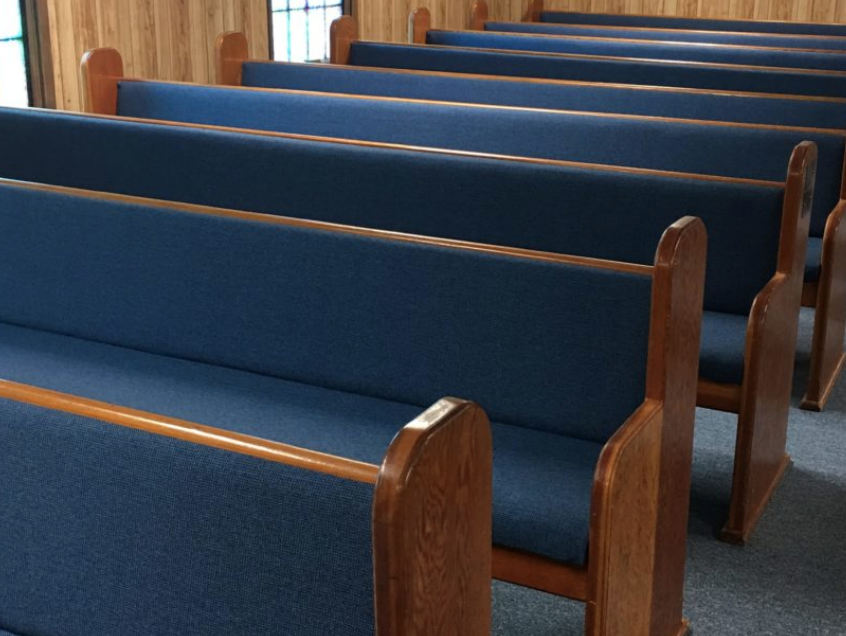During a normal White House race, the Alfred E. Smith Memorial Foundation Dinner allows the candidates to don formal attire, fire snappy one-liners and make subtle appeals to Catholic voters.
But nothing is normal in 2020. Thus, Joe Biden and President Donald Trump used this year's virtual dinner to preach to Catholic voters in swing states like Ohio, Pennsylvania, Michigan and Florida. The event produced few headlines, coming a mere six hours before Trump announced his positive test for COVID-19.
Saluting Catholic progressive, Biden offered a litany about the pandemic, race, the recession and climate change. He warned that many Americans have lost faith "in one another, in truth, in science and reason."
The current pope, Biden stressed, embraced him during a 2013 White House visit, offering comfort shortly after brain cancer took his son Beau's life.
"Pope Francis took the time to meet with my entire family to help us see the light through the darkness," said Biden. "I live in an amazing country … where an Irish Catholic kid like me from Scranton, Pennsylvania, would one day befriend a Jesuit pope. But that's who we are as a country -- where anything is possible when we care for one another, when we look out for one another, when we keep the faith."
While stressing that he is guided "by the tenets of Catholic social doctrine" -- helping the "least of these" -- Biden didn't mention his vow to codify Roe v. Wade if the Supreme Court overturns that decision or his promise to reinstate policies requiring the Little Sisters of the Poor to cooperate in providing birth control and abortifacients to staff. He didn't mention his decision to officiate at the same-sex wedding of two White House colleagues, an action clashing with church doctrine.
It was logical for Biden to avoid providing fresh ammunition for critics. But the speech, once again, trumpeted his Catholic credentials.
"Joe Biden's choice to run explicitly on the claim that he is a faithful Catholic squarely places on the table his claim to be a faithful Catholic," stressed legal scholar Robert P. George of Princeton University, writing on Facebook. He is a Catholic conservative who has also been a consistent critic of Trump.
“No way out of this, folks," he added. "It's not, or not just, Biden's critics who have raised the issue. It's the Biden campaign. …










